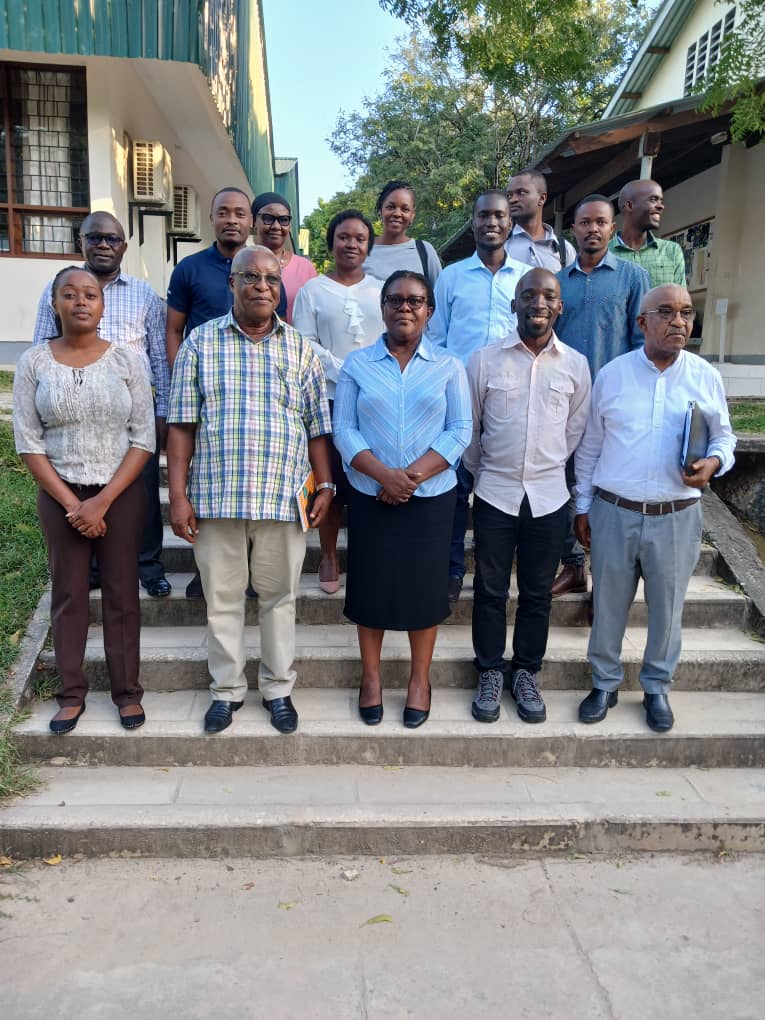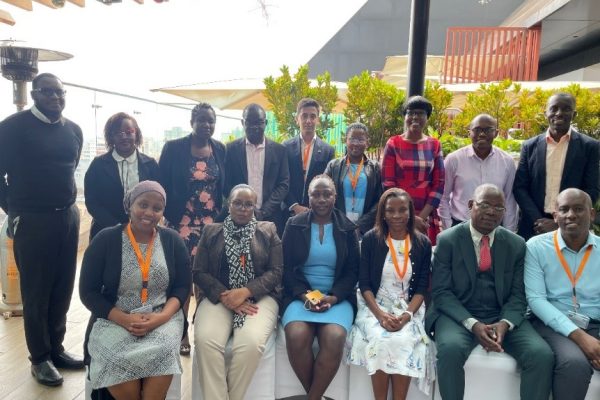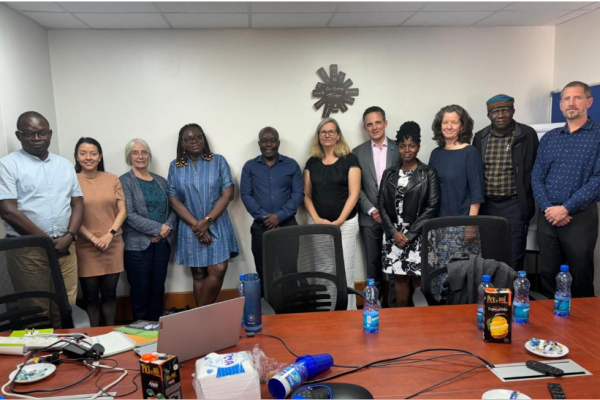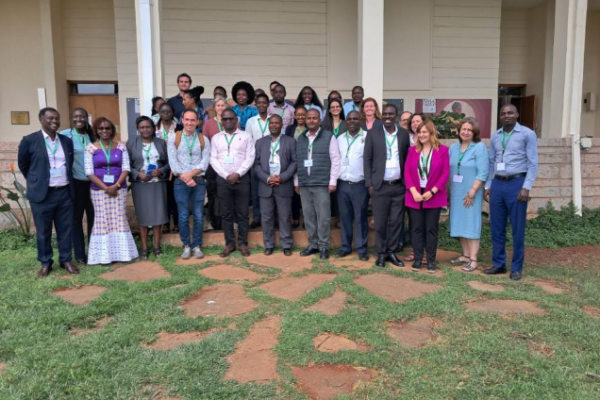By:Nancy Mutwii, Gordon Ezekiel, Florence Onyango
The Africa Research and Impact Network (ARIN), a key player in the Tomorrow’s Cities project, recently held a successful Risk Agreement Workshop in Dar es Salaam, Tanzania. The dynamic event, held on May 29th, 2024, at the Temeke Municipal Hall, focused on Mianzini ward, a community within the Temeke district.
The workshop aimed to establish a risk management framework through collaboration between residents, policymakers, and experts. Ms. Nancy Mutwii and Mr. Gordon Gogo represented ARIN at the event, leading discussions on Work Package Four (WP-4) of the Tomorrow’s Cities project.
Through negotiation exercises, impact assessments, and discussions on shared benefits, the workshop participants worked towards a risk mitigation strategy acceptable to all parties. The focus was on understanding different urban planning scenarios and their potential risks, while simultaneously identifying strategies to maximize benefits for the community.
Prior to the main event, a preparatory meeting was held at Ardhi University in Dar es Salaam. This session provided facilitators with training and mock exercises, ensuring they were well-equipped to guide the workshop discussions effectively.
The Temeke Municipal Hall in Mianzini played host to the main workshop. The attendees represented a broad spectrum of the community, including Mstahiki Meya (Ward Chairperson) of Mianzini, subject matter experts, community leaders, elders, youth groups, and residents. This inclusive approach ensured all voices were heard and all perspectives considered.
The workshop itself comprised several key sessions. Participants actively engaged in a risk identification exercise using a designated dashboard, followed by a dedicated social science learning session. Discussions centered on recognizing potential challenges in implementing policies and actions, and formulating strategies to achieve low-risk scenarios for Mianzini’s future development. A key output of this session was the creation of an implementation matrix, detailing mitigation strategies, the institutions responsible for enacting them, and the designated timeframes for completion.
The workshop’s key takeaways revealed a relatively low risk perception associated with the various visioning scenarios presented. The aforementioned implementation matrix, along with valuable insights gleaned from the workshop, will be presented to policymakers and key decision-makers during the project’s next phase (Work Package 5). This upcoming phase will center on exploring the potential adoption and wider implementation of the Tomorrow’s Cities Decision Support Environment, a framework designed to promote participatory and multi-hazard risk-informed urban planning across cities.
The success of the Mianzini Risk Agreement Workshop highlights the power of collaboration in navigating urban development challenges. ARIN’s role in facilitating these discussions underscores the importance of inclusive stakeholder engagement and the creation of actionable plans to mitigate risks while maximizing benefits for all community members. This model serves as a valuable example for future urban planning initiatives across Africa and beyond.




